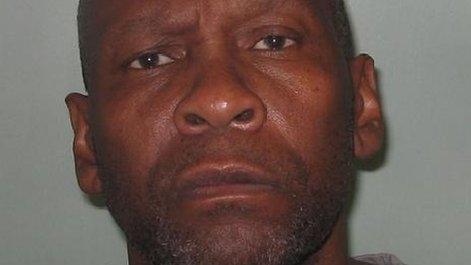Black abuse campaigners get Valerie's Law proposal heard
- Published
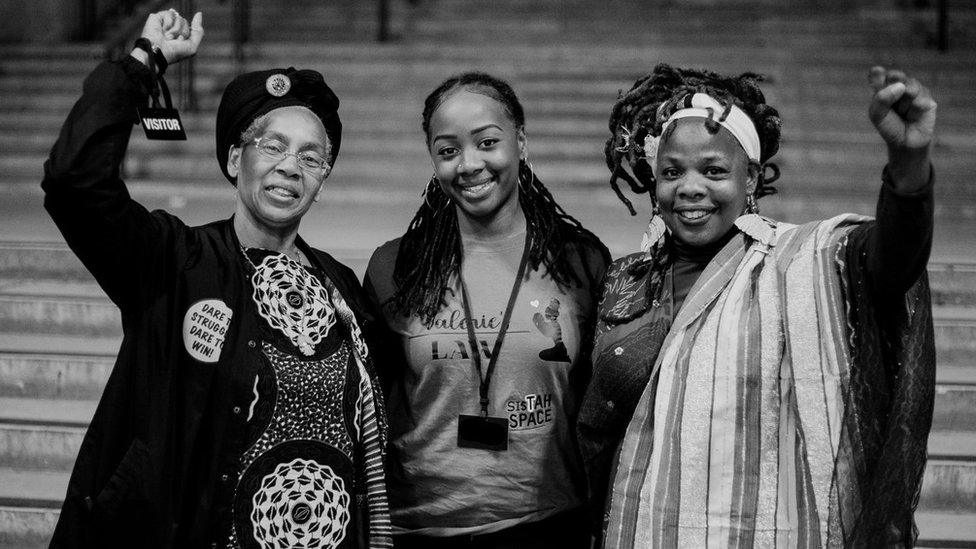
Sistah Space campaigners say they have made history with the debate in parliament
Black domestic abuse campaigners say they have "made history" by getting their campaign for Valerie's Law heard by the government for the first time.
A 106,000-signature petition for the law triggered a debate in Parliament.
Safeguarding minister Rachel Maclean pledged more support for black victims.
She said she would set up a meeting between campaigners and police to shape a strategy around officer training to help protect black women, but stopped short of a law to make it compulsory.
Valerie's Law was named after Valerie Forde, whose ex-partner murdered her and her baby, despite having reported him to police.
The campaigners from Sistah Space, a specialist domestic violence charity working with black victims, welcomed the meeting with police chiefs to shape a strategy for training, but said officers should be compelled to undergo it, backed by Valerie's Law legislation.
Opening the Commons debate, Labour MP Abena Oppong-Asare put the case to Ms Maclean for a new law.
She said black women did not receive the same level of support as white women due to the way bruises can be masked by dark skin, as well as racism and "adultification", where young black women are perceived as older than they are.
She set out how recent scandals around Met Police abuse of black women, including the strip-search of schoolgirl Child Q and Met officers photographing the corpses of murdered sisters Bibaa Henry and Nicole Smallman, had added weight to the cause.
Campaigning for better support for the black victims of domestic violence
In response, Ms Maclean said she would set up the meeting with police chiefs after hearing "very clearly the passionate calls" for Valerie's Law.
She said she hoped the meeting would help improve support, adding "clearly if there are gaps with police training I know that police officers will be first to put their hands up and say they want more training".
The Met Police was heavily criticised over the brutal murder of Valerie Forde and her 22-month-old daughter in Hackney in 2014.
Ms Forde had already reported Roland McKoy for threatening to burn down her house six weeks earlier but officers recorded it as a threat to property, rather than a threat to life.
'Room for hope'
Speaking after the debate, Djanomi Headley of Sistah Space, said the group was delighted to have "made history" by getting the campaign for Valerie's Law heard by government.
"There is optimism and room for hope," she said. "We'll be able to discuss future plans with the chiefs of policing."
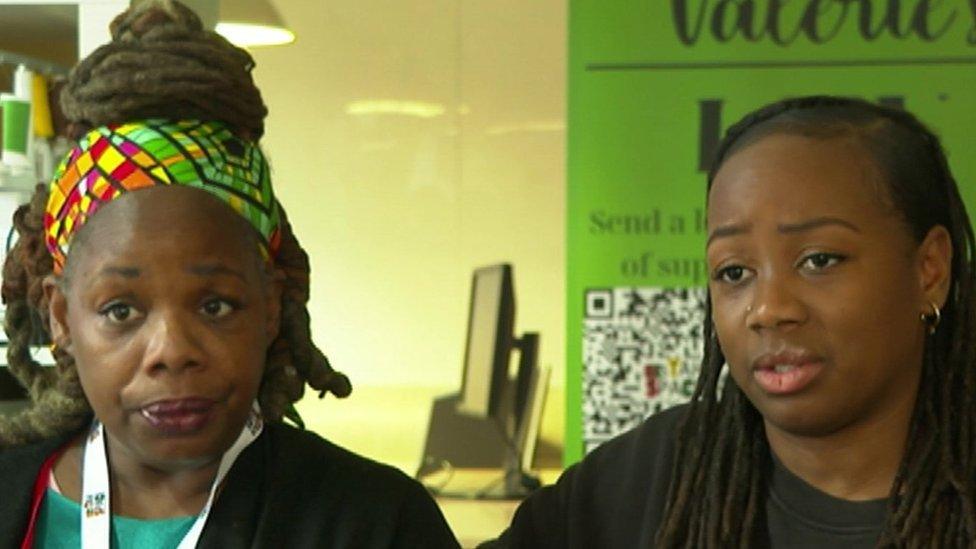
"Adultification" and racism were behind the abuse of Child Q, Ngozi Fulani and Djanomi Headley of Sistah Space say
Ms Headley said although the minister was supportive, campaigners were still concerned the policy being drawn up was "without consideration of the black voice", and said they would continue to push for legal changes "so that the black voice is heard".
She added: "Valerie's Law needs to be made mandatory and not as an option that's down to the discretion of those police officers and service providers."
'I was lucky'
A survivor, who now works with Sistah Space and had come to watch the debate, said it was important black women were listened to because too often police, housing and mental health agencies were still pushing black women away when they sought help.
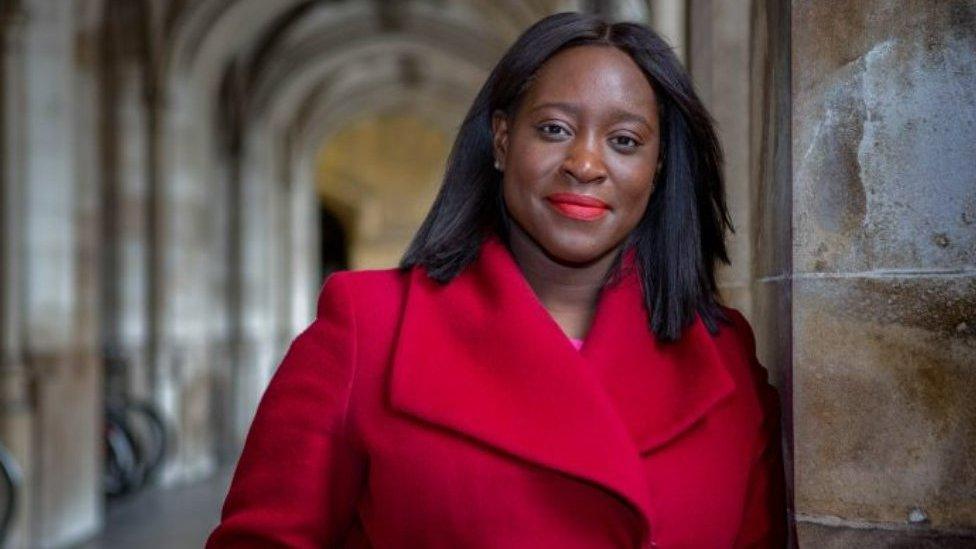
Labour MP Abena Oppong-Asare will open the debate at the Petitions Committee
She was grateful "not to be one of those who never made it" with her experience of abuse, because neighbours called the police for her when "all hell broke loose" and the two police officers who came to her aid were domestic abuse survivors themselves.
"I was lucky enough to be one of the ones who was able to come through it but it could have been so different," she said. "We need to know the police are there for us and will take us seriously."
During the Commons debate, Diane Abbott, MP for Hackney North and Stoke Newington, where Sistah Space is based, said her own experiences of abuse and dealing with the police made it clear to her there was a need for Valerie's Law.
Labour MPs Florence Eshalomi, Meg Hillier, Taiwo Owatemi, Matthew Pennycook, and the SNP's Kirsten Oswald and Alison Thewliss also lent support.

Follow BBC London on Facebook, external, Twitter , externaland Instagram, external. Send your story ideas to hellobbclondon@bbc.co.uk, external
- Published28 March 2022
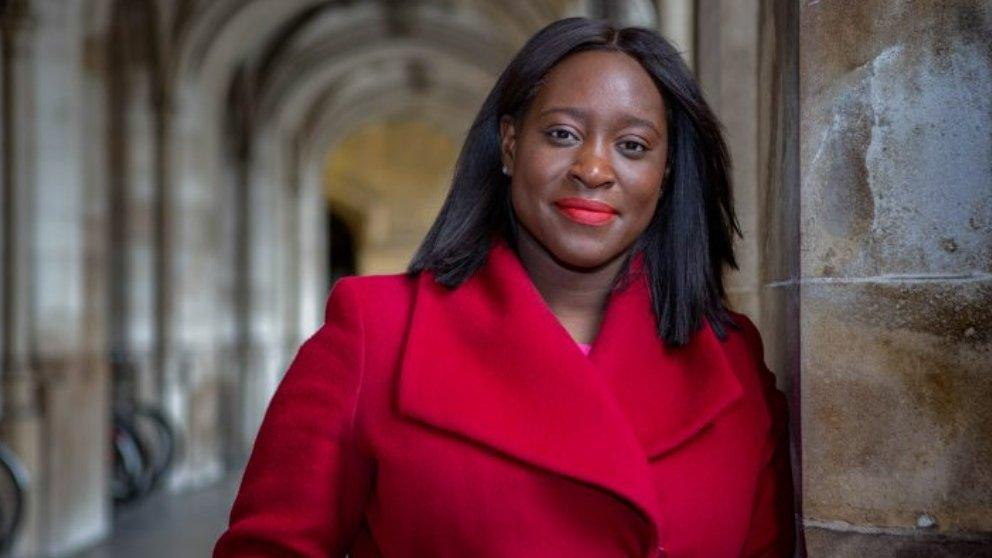
- Published16 March 2022
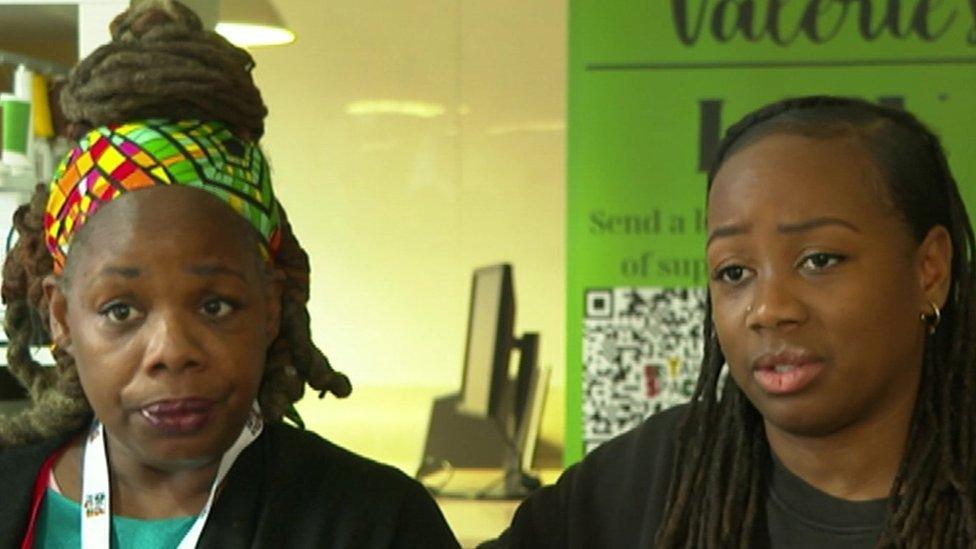
- Published25 November 2021
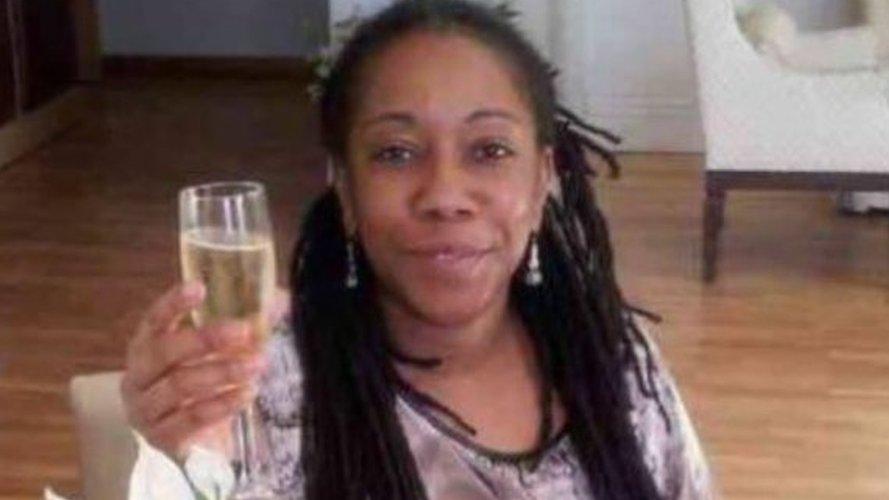
- Published25 November 2021
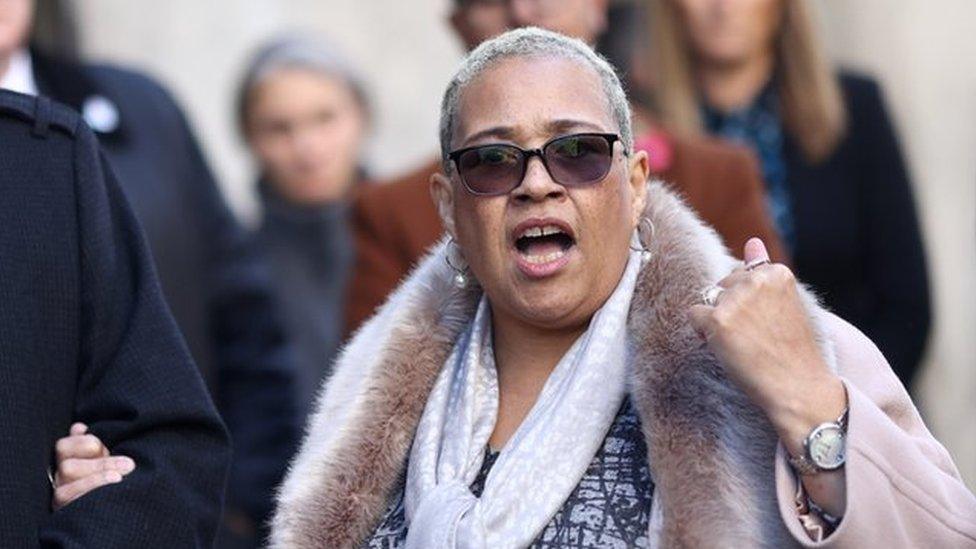
- Published17 June 2016
